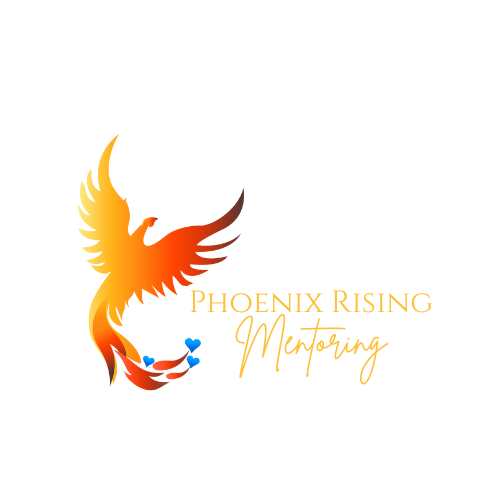When Anger Takes Control: Time to Get Support
Anger is a natural, instinctive emotion designed to protect us when our nervous system senses a threat. It’s a powerful response that often triggers physical sensations and reactions. However, when anger becomes a habitual way of handling challenges, it can harm our well-being and damage our relationships. Learning to manage anger effectively is vital for maintaining emotional health and fostering meaningful connections.
Anger can be sparked by a variety of external or internal triggers. Stressful situations, relationship conflicts, financial issues, or workplace struggles often lead to anger. Internal factors like depression, mental health challenges, or substance abuse can also contribute. While anger may sometimes seem like the only way to feel heard or achieve results, over time, its destructive impact on relationships and personal health becomes evident.
The key to anger management lies in self-awareness and the willingness to address its root causes.
Types of Anger
Anger doesn’t look the same for everyone. It can manifest in several ways, often overlapping:
Internalized Anger: This involves turning anger inward, leading to self-criticism, negative self-talk, and low self-esteem. Individuals may struggle to see their positive qualities and continually berate themselves.
Passive or Passive-Aggressive Anger: This form of anger emerges as biting sarcasm, critical comments, or resentful attitudes. The true source of frustration is often hidden behind trivial complaints or indirect remarks.
Aggressive Anger: This outward expression includes shouting, slamming doors, or even physical aggression, such as hitting or throwing objects. Extreme forms fall into the category of physical abuse.
Many people experience a combination of these types, reflecting the complexity of anger as an emotion.
How Anger Affects You
Unchecked anger can take a toll on both physical and mental health. Chronic anger may contribute to conditions such as high blood pressure, cardiovascular problems, diabetes, insomnia, and headaches. It disrupts hormonal balance, affecting adrenaline and cortisol levels, and may lead to eating disorders or accidents.
Emotionally, anger consumes energy, making it difficult to focus, think clearly, or maintain a sense of calm. It often fuels feelings of shame, despair, and depression, creating a cycle of negative emotions that can feel impossible to escape.
In relationships, persistent anger erodes trust and intimacy. Angry outbursts can create barriers to open communication, leaving others feeling hurt or alienated.
Signs You May Need Help with Anger
If anger is negatively impacting your life, it may be time to seek professional support. Here are some warning signs:
Strained Relationships: Loved ones may distance themselves, hesitate to share openly, or express concern about your anger.
Workplace Conflicts: Professional relationships may become tense, and workplace interactions may feel hostile.
Public Incidents: Frequent conflicts in public spaces or being asked to leave establishments due to behavior can indicate a problem.
Persistent Grudges: Dwelling on perceived wrongs and holding grudges can keep anger alive and disrupt peace of mind.
Aggressive or Destructive Behavior: Physical violence or property damage during episodes of anger is a clear red flag.
How Professional Support Can Help
Working with a trained anger management specialist or therapist offers a path to healing. Professionals help uncover the deeper emotions and unresolved wounds driving your anger. These insights allow you to reframe your reactions and break free from harmful patterns.
With guided support, you can learn tools to regulate emotions in the moment, such as deep breathing, taking a pause, or journaling. You’ll also develop healthier ways to communicate feelings—assertively but without aggression—building trust and understanding in your relationships.
By fostering self-compassion and learning to forgive, you create space for emotional growth and deeper connections with others. Healing chronic anger is a journey toward inner peace and a more harmonious life.
A Personal Note
As a Certified Anger Management Specialist, I understand the struggles that come with controlling anger because I’ve faced them myself. For years, I let anger dictate my reactions, which hurt both my relationships and my well-being. Through introspection, self-work, and professional guidance, I transformed my relationship with anger—and it became my mission to help others do the same.
If you’re ready to take that first step, I invite you to book a call with me. Together, we can explore what’s beneath your anger and work toward lasting change. Let’s uncover your path to peace and healthier relationships. You can reach out to me through my website or send me a message today!

